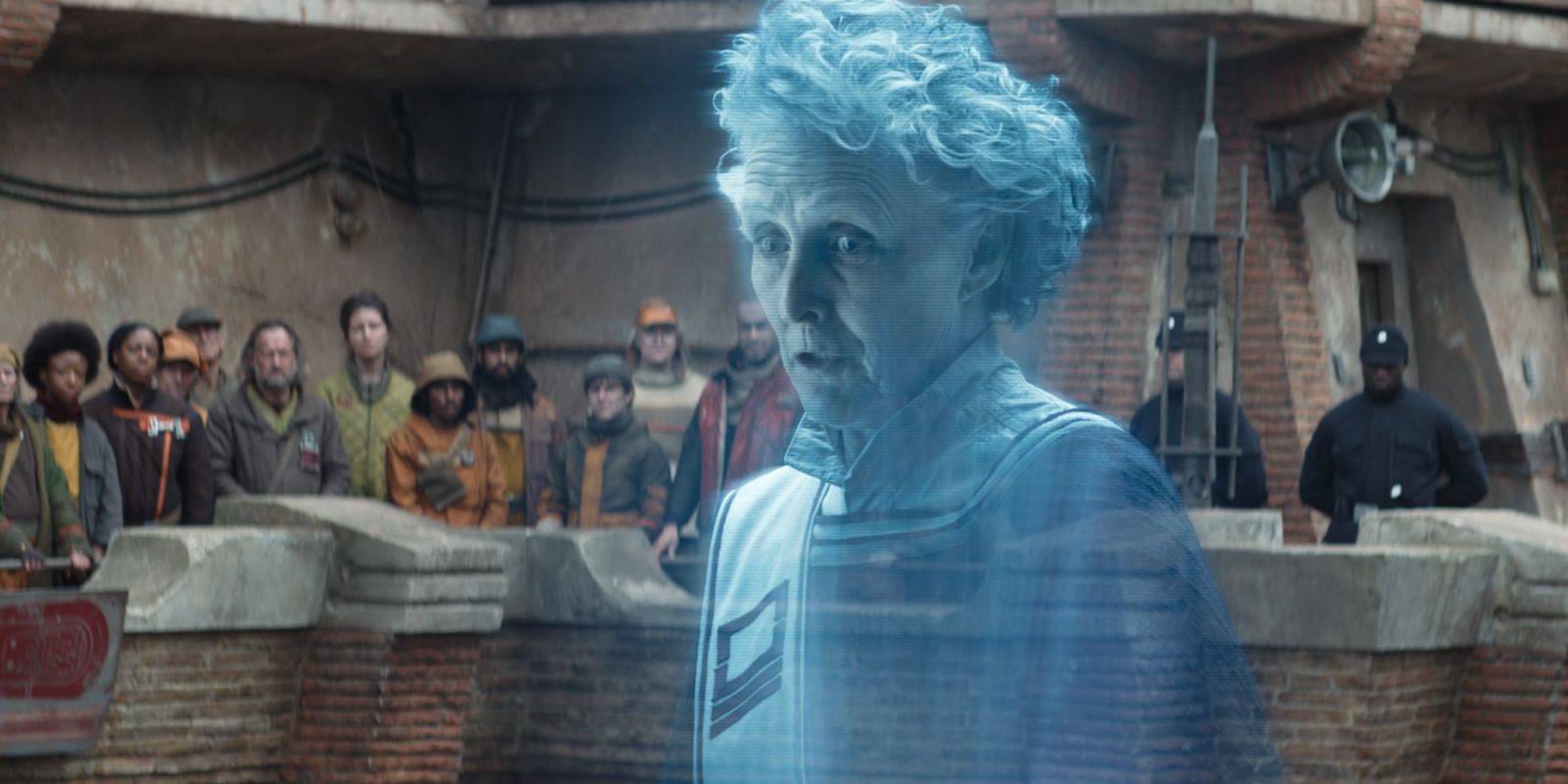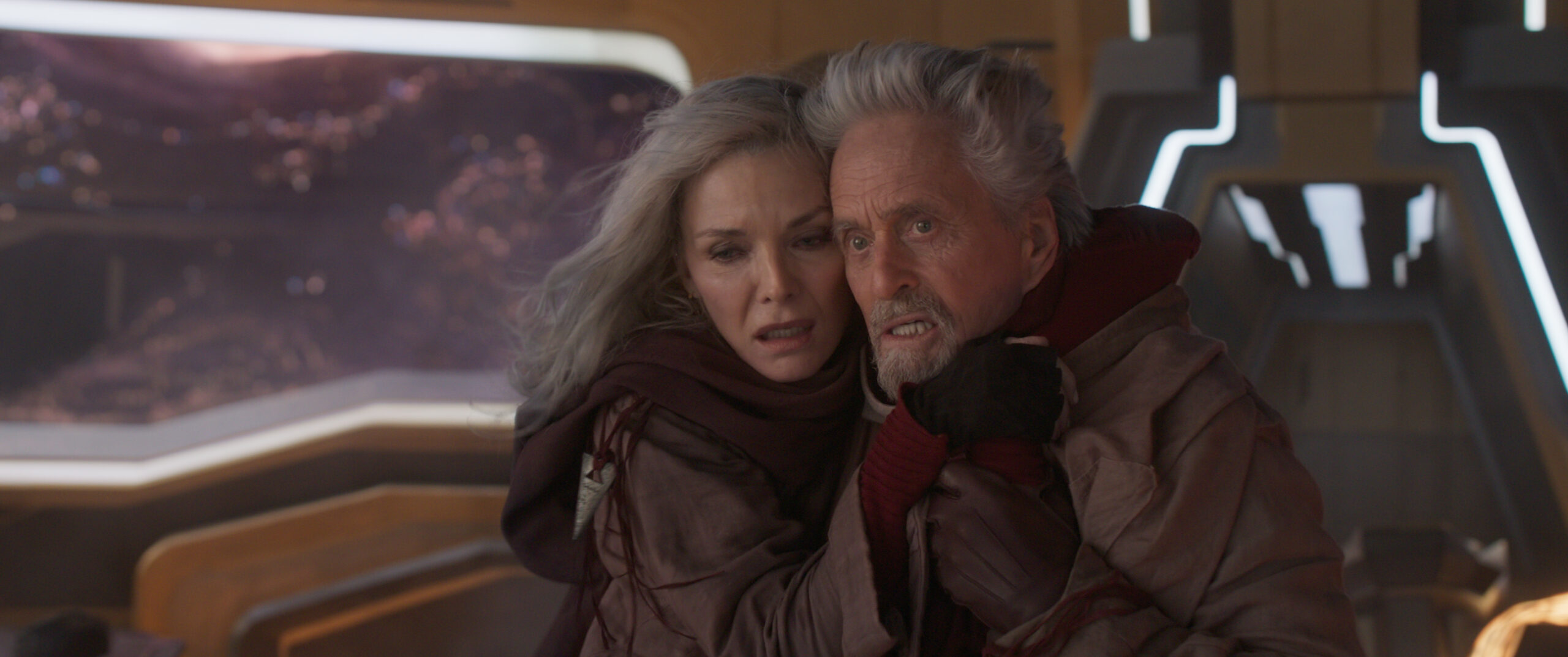![]()
The Boston Globe’s investigative unit called “Spotlight,†uncovered an unspeakable scandal that rocked the Catholic Church. The team of journalists spent nearly a year investigating on how members of the church tried to protect certain members of the clergy after allegedly accused of sexual abuse. And they discover a much larger scandal during the process.
“Spotlight†is a dramatic film about those Pulitzer Prize-winning journalists that starred Mark Ruffalo, Michael Keaton, Rachel McAdams, Liev Scheiber and Stanley Tucci. It is directed by Thomas McCarthy.
Latino-Review had an exclusive phone interview with writer Josh Singer for bringing this fascinating story to the big screen.
“Spotlight†is now playing in theaters everywhere.
Read the interview transcript below.
Latino-Review: Tell me why you were attracted to this film called, “Spotlight.â€
Josh Singer: I just finished writing “The Fifth Estate.†I very much enjoyed writing about journalists. I had more to say though. That story was really about Julian [Assange] and Daniel [Berg]. There was a whole story about the guys at The Guardian that I never really got to tell. They did great work and Iwas so impressed on what they did especially with the quality of the journalism. Those same qualities were apparent with those guys at The Globe had done.
I was excited to take everything I’ve learned and done on “The Fifth Estate†and to put it for more good use. Beyond that, I figured it would be a really great way to tell this story. This is a really tough issue. I think by telling it through these journalists—we made it as an issue that would be accessible that people can get engaged with. I think that’s really important.
Latino-Review: Now I’m fascinated on how you approached this story. It’s not just one story. You’re actually telling multiple stories. There were at least six journalist characters in the film. How did you approach this story and keep track of everything.
Josh Singer: Well, it’s really interesting. A lot of the credit will go to Tom [McCarthy]. The more traditional approach would be to collapse the characters and simply the story. Tom wasn’t really interested in that from the very beginning. His focus was on the authenticity.
One of the hardest things is that we didn’t know the story beyond just the thumbnail. Marty Baron goes in as an outside editor. It was their first Jewish editor. He basically went after the Catholic Church on his first day. That’s all that we really knew. We ended up spending a lot time with the journalists. The more time we spent with them then it became clearer with each individual. It didn’t make any sense to collapse the characters given the sense of how specific these guys were. They each contribute something specific to the story.
I wouldn’t say it was tougher to tell. In some ways, it was sticking more to the truth. I think it ended up to be more interesting. There was a learning curve that we had to wrap up. Once we did, we let the story really tell itself.
On what is tougher was getting that movie made, because typically you’ll need a big star. When you got six leads as opposed to one—it’s harder to find the big star. Mainly, it’s hard to find a big star to jump into one of six leads as opposed to a movie with two leads.
The good news was that Tom had a great reputation. He has a lot of great relationships. He was able to get Mark [Ruffalo], Michael [Keaton], Rachel [McAdams], Stanley [Tucci] and Liev [Schreiber]. That really made a huge difference.
Latino-Review: You mentioned a few times that you worked with Tom, who is also a collaborator on the script. How did you guys handle the working relationship? Basically, did you do all the grunt work and he came in to round the corners for you?
Josh Singer: No, the collaboration grew pretty organically. Tom hired me initially to write the script. I spent a week with Mike Rezendes down in Los Angeles to get the skeleton of the story from him. I took him to lunch every day for a week. Then I interviewed the rest of the reporters up in Boston and I asked Tom if he wanted to go with. You always want your director to get involved.
Tom was game. He came up and we talked about all the other reporters. Tom was really interested and excited to begin with. With all these back and forth trips to Boston, Tom and I started to figure out the story together. So in one December, Tom then turned to me and stated that it’ll go faster if we wrote it together. We already broke the story together—so why wouldn’t we write it together?
It’s sort of an organic collaboration. The one thing that’s great is that Tom doesn’t have a ton of ego and neither do I. The best idea wins and that’s what happens in our collaboration. I would take a chunk and he would take a chunk. We’ll pass it back and forth. I can to you that ninety-percent of the script we couldn’t tell who wrote what.
Latino-Review: Now you did a ton of interviews to get this story. But, how much extra research did you have to go through to get the accuracy with the events?
Josh Singer: I would have to say it was a fair amount. First of all, it all happened ten years ago. They had a pretty memory of this, but it wasn’t pristine. They all had their version of their memories. There was a fair bit of pushing. Then we had to talk with some of the survivors and some of the lawyers. There were certain things that the reporters didn’t tell us.
The last time when I worked on “The Fifth Estate,†I did some of that, but I relied heavily on Daniel Berg’s version of things. It was largely accurate, but I wished in certain places I should’ve done some spell checking. Now I’ve seen that movie come all the way from researching to writing to being out of the theaters so quickly. I really got the sense on how deep you want to go.
So when Tom pushed us to do more and more interviewing, I was pretty game for it. We wanted to get the story right given with the nature of the story.
Latino-Review: How did you figure out what story you wanted to tell? Journalism, itself, isn’t really the most exciting game. I’ve been a journalist for two decades. You could’ve easily done the Catholic Church story instead of journalist.
Josh Singer: Yeah, it’s funny. I told my buddy that I was writing this story and then he asked, “How are you going to make that interesting?†Journalism is a lot of patience, lot of sitting around and pursuing a source. There aren’t a lot of car chases or gunplay. I thought about that and researched on it for a couple of weeks.
I turned to Tom and told him that there’s something about the procedural aspect of pursuing their story. There’s not a lot of running and gunning. It’s still fascinating. Frankly, a lot of their procedurals do not have any action. It’s just them uncovering a story with people talking in rooms. We done it in a way to make it more interesting.
The producers Nicole Rocklin and Blye Faust were out there trying to get the rights from these reporters. They always thought it was the story of the reporters. Frankly, the way to make this issue accessible, we thought this approach makes more sense. Let’s go behind the curtains. We’ll have some scenes with the cardinal law. We were big fans of the verdict.
In the end, we thought that let the lead investigation unfold through the eyes of the journalist. We really didn’t know on what they know at any particular time. It’s fascinating to see on what they uncover.
The other thing for us was that we talked a lot about themes. Throughout the first year, we talked a lot about themes. So what’s the theme of this movie? There was the theme of looking at what happened in the past to compare it to the present. Another theme was to look on what happened with investigative journalism in the past fifteen years. There are lots of layoffs of journalists and it became a theme we wanted to hit. We couldn’t hit that directly, but to show it with good local journalists.
Ultimately, we wanted to get to the theme of collective failure. We knew that the church wasn’t the great actor here. People can concentrate on the fact that there are a lot of people around the church. They would allow the church to cover up the way that they did. It wasn’t malicious per say. It’s more of “we’ll just look the other way,†because the Church is still a good institution.
I think this happens a lot. It happened at Penn State. It happened with the BBC with Jimmy Savile. And even in Hollywood with Bill Cosby. We should be much more on guard against those things from happening.
Latino-Review: Could you talk about your future projects? Is there another investigative journalist movie in the works?
Josh Singer: Not in the immediate future. I’m working on a movie about Neil Armstrong for Damien Chazelle, who wrote and directed “Whiplash.†It’s a pretty exciting story that people know about the icon, but not too much about the man. He was a pretty fascinating character.
And then I’m supposed to write a movie about Leonard Bernstein for Martin Scorsese. It’ll be an interesting one, because the music is phenomenal. He struggled a lot on what to be like an artist. Some of the stuff he struggled with in his early 20s and 30s, parallels along with things that Marty had questioned on what it is to be an artist. So I’m trying to write that for him. If anybody asks you to write something for Scorsese, then the answer is always “yes, please. Where do I sign?â€
I’m excited for both of those projects. Additionally, Tom and I are looking for something to do together again. We had a great time working on this project. I consider him as a good friend and a terrific collaborator.
Latino-Review: Thank you for taking time on this interview.
Josh Singer: Thanks. See ya.
“Spotlight†is now playing nationwide in theaters.
Source: Latino-Review
Â

 FOR FANBOYS, BY FANBOYS
Have you checked out LRM Online’s official podcasts and videos on The Genreverse Podcast Network? Available on YouTube and all your favorite podcast apps, This multimedia empire includes The Daily CoG, Breaking Geek Radio: The Podcast, GeekScholars Movie News, Anime-Versal Review Podcast, and our Star Wars dedicated podcast The Cantina. Check it out by listening on all your favorite podcast apps, or watching on YouTube!
Subscribe on: Apple Podcasts | Spotify | SoundCloud | Stitcher | Google Play
FOR FANBOYS, BY FANBOYS
Have you checked out LRM Online’s official podcasts and videos on The Genreverse Podcast Network? Available on YouTube and all your favorite podcast apps, This multimedia empire includes The Daily CoG, Breaking Geek Radio: The Podcast, GeekScholars Movie News, Anime-Versal Review Podcast, and our Star Wars dedicated podcast The Cantina. Check it out by listening on all your favorite podcast apps, or watching on YouTube!
Subscribe on: Apple Podcasts | Spotify | SoundCloud | Stitcher | Google Play



